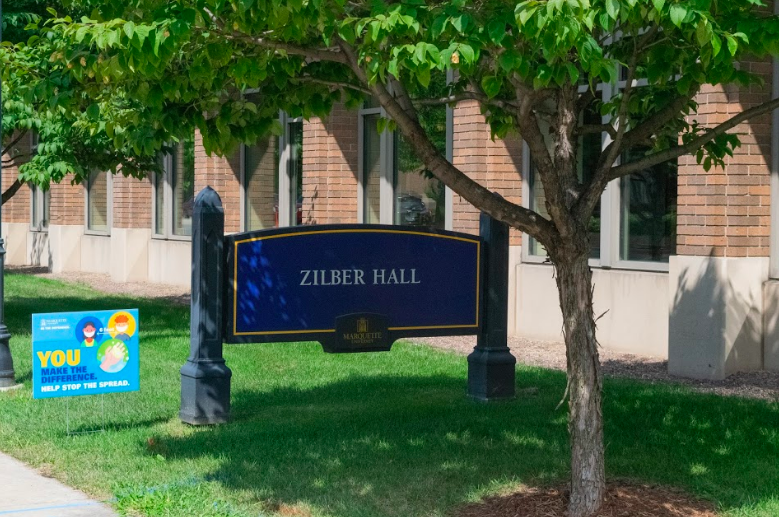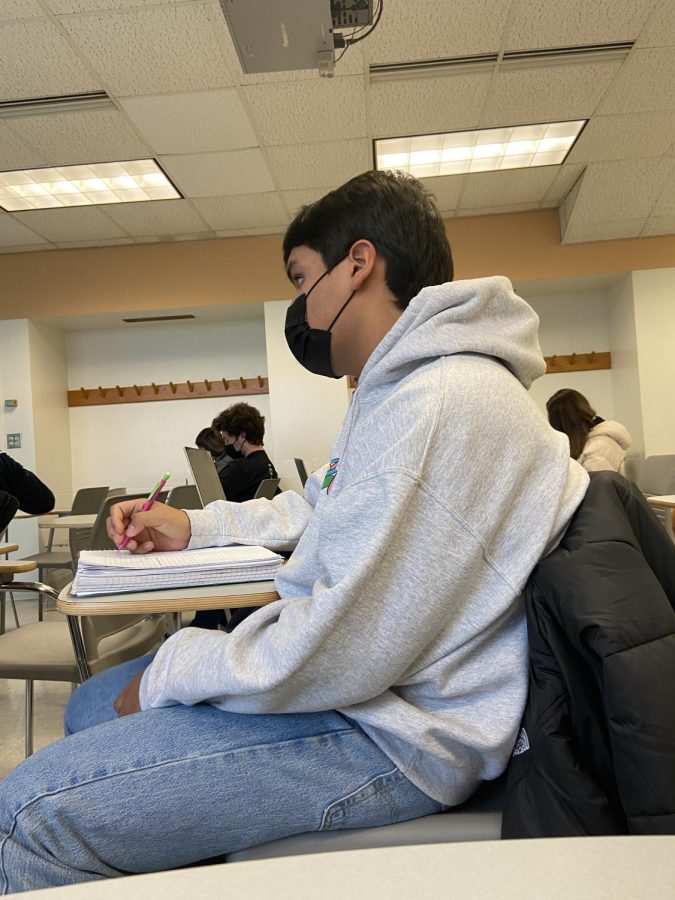Marquette University’s choice to replace spring and Easter break with mental health days in the spring 2021 semester does not provide students, faculty and staff with adequate time to relax.
The university has removed Easter break and the mid-semester break for spring 2021, and has replaced that time with four mental health days, according to an Oct. 14 letter from Provost Kimo Ah Yun. Marquette has designated Tuesday, Feb. 9, Wednesday, March 10, Tuesday, April 20 and Wednesday, May 5 as mental health days.
Marquette will still observe Good Friday as a university-wide holiday April 2.
Changes to the academic calendar for the spring 2021 semester were supported by the University Academic Senate, Committee on Academic Procedures, COVID-19 Academic Steering Committee, COVID-19 Academic Planning Group, department chairs and deans as well as from members of the Provost’s Cabinet, Marquette University Student Government and Graduate Student Organization.
“University leadership recognizes that it can be difficult to manage the anxieties and stress associated with this pandemic,” Ah Yun said in the letter to campus. “The Mental Health Days will provide students the opportunity to rest and recharge while also reducing unnecessary travel.”
While the university should be commended for trying to prioritize students’ mental health, scheduling mental health days so far in advance doesn’t necessarily ensure they will be effective.
Students may be unable to relax on these days because they are in the middle of the week as opposed to the beginning or the end, and they feel pressure to continue working on schoolwork. Designating mental health days in the middle of the week could also disrupt the flow of classes, even if faculty and staff change their curriculum to account for these days.
Although the university may want to reduce students traveling, replacing two breaks with four mental health days scattered throughout the semester is not an equitable alternative.
Students may be facing many challenges right now due to the coronavirus pandemic, such as managing in-person, online or hybrid classes, not seeing their friends in normal capacities and as well as other personal and familial issues. Additionally, they may be dealing with preexisting or pandemic-induced mental health issues.
Faculty and staff also have had to adjust to COVID-19 changes in their day-to-day lives and may also be dealing with personal and familial matters continuing during or brought on by the pandemic.
Students, faculty and staff deserve more than four days off during the spring 2021 semester to take a break, and the university should reevaluate its decision to eliminate the spring and Easter breaks.
Moreover, while the university may discourage some students, faculty and staff from traveling during the spring 2021 semester, it is difficult to ensure there will be no travel on these mental health days or on weekends. Some students have travelled freely so far during the fall 2020 semester, and with no mandatory COVID-19 testing or reporting, the university cannot accurately contact trace potential COVID-19 spread of students returning to campus after traveling.
A way to improve contact tracing for students traveling could be to add an option on the daily COVID Cheqs for why students will not be on campus that day. Currently, students can indicate that they will not be on campus because they are isolating or because they don’t have a reason to be on campus. If the university added an option for students leaving Milwaukee, it could improve its contact tracing for students leaving campus.
The university could also require mandatory testing and better contact tracing to mitigate the spread of COVID-19 rather than go all the way to canceling spring break.
Additionally, Marquette should not be making this decision so far in advance because while the coronavirus pandemic continues to persist, the future is still uncertain.
While the university may want to decrease stress by implementing four mental health days, it must re-evaluate its decision, as this is not an equitable alternative, which in turn could create unnecessary added stress to students, faculty and staff.
Editorial topics by the Marquette Wire are decided at weekly meetings between members of the executive board. The editorial is crafted with leadership by the executive opinions editor. The executive board consists of the executive director of the Wire, managing editor of the Marquette Tribune, managing editor of the Marquette Journal, general manager of MUTV, general manager of MUR and nine additional top editors across the organization.









